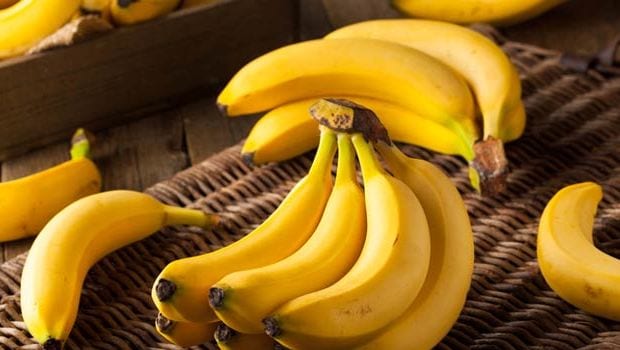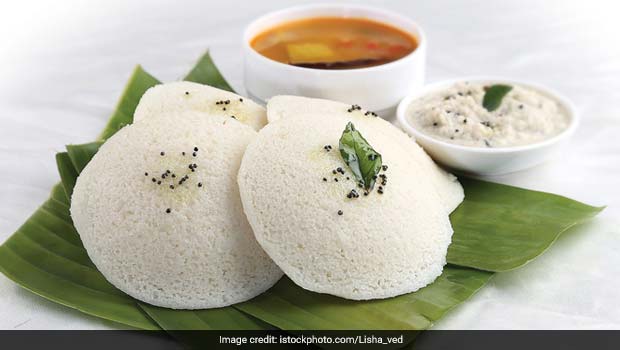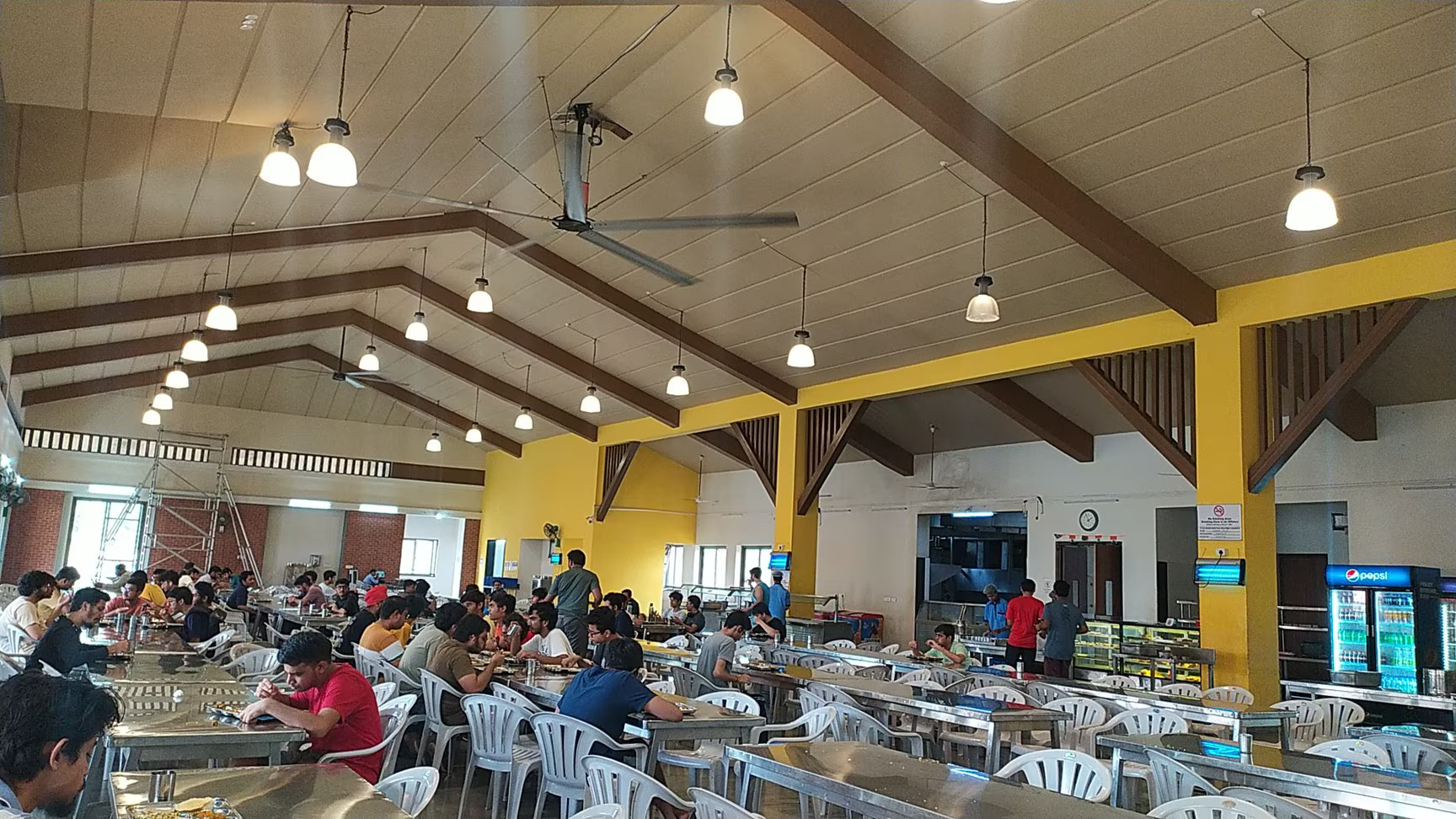The monsoons are here in full swing. The ever-so soothing pitter-patter outside is surely a huge respite from the scorching heat. The sudden nip in the weather has brought alongside a bevy of cravings one would associate only with the monsoon. You may blame the popular culture and media but for most of us the instant cravings of tea and fried goods go hand in hand with monsoon. From greasy pakodas, to spicy kachoris and zesty chutneys, there is a lot to savour on. While there is no harm in few occasional indulgences, one should not make it an everyday deal. Needless to say, excess of anything is detrimental for overall health and well-being. During monsoons, one needs to be extra cautious with their dietary choices. Our immunity levels take a dip during the rainy season and our body becomes vulnerable to catch infections. The excess of moisture in the air makes it perfect for bacteria and microorganism to breed and this can hamper our ability to process foods. Our metabolism tends to slow down as well. Due to this, our digestion and immunity is compromised severely.
(Also Read -Is it Safe to Have Curd (Dahi) at Night?)
 Prebiotics are usually non-digestible carbohydrates that are metabolised by our gut microbes
Prebiotics are usually non-digestible carbohydrates that are metabolised by our gut microbes
One of the best ways to counter the effect of bad bacteria is feeding the good bacteria present in your body. Yes you heard us! Bacteria are not always so bad. Gut flora, or gut microbiota, or gastrointestinal microbiota, is the complex community of microorganisms that live in the digestive tracts of humans. Your diet plays a crucial role in keeping your gut healthy, especially in monsoon when your immunity and digestion need a little extra care. Including more probiotics and prebiotics in your diet could help you ensure that. Prebiotics provide an environment that helps nourish the multiple microbial species that already exist in the gut. Prebiotics are usually non-digestible carbohydrates that are metabolised by our gut microbes; they can be found in foods that are high in fibre.
Why Must You Load Up On Probiotics During Monsoon?
According to Macrobiotic Nutritionist and Health Practitioner Shilpa Arora, "Probiotic and prebiotic food should be consumed all year round. Scientific research has suggested that gut microbiome affects our health in a big way. Depression, anxiety, ADHD, obesity and even diabetes were found to have been closely linked with unhealthy gut in several studies. Monsoon provides breeding ground for infections and allergies. A good gut microbiome is the best natural defence one can employ from their end to keep infections at bay. Antibiotics may further worsen the healing process and even cause permanent damage."
 Probiotic and prebiotic food should be consumed all year round
Probiotic and prebiotic food should be consumed all year round
What Should you eat?
"Eat lots of home-made curd, fermented veggies kimchi. You can have idlis for breakfast as they are also very good for gut. Include lots of fibre and raw veggies in the diet. Bananas and seasonal fruits, garlic, onions also help sustain a healthy gut. Processed food and sugar and refined carbohydrates should be completely off the list", suggests Shilpa.
Best prebiotics you can add to your diet this monsoon:
1. Whole grains: Whole grains are packed with nutrients, including protein, fibre, B vitamins, antioxidants, and trace minerals (iron, zinc, copper, and magnesium).
(Also Read -Want to Live Longer? Eat More Whole Grains)
 Whole grains are packed with nutrients and can be eaten during monsoons
Whole grains are packed with nutrients and can be eaten during monsoons
2. Bananas: Banana is a good source of complex carbohydrates (good carbohydrates) and fibres. It is not only better for the gut but is also a weight loss-friendly food too.
(Also Read -This Is Why You Must Eat On A Banana Leaf)
 Banana is a good source of complex carbohydrates and fibres
Banana is a good source of complex carbohydrates and fibres
Best Probiotics you can add to your diet this monsoon:
1. Yogurt
Yogurt or curd is one of the best available and natural probiotic foods out there. You may want to include a bowl of curd with lunch every day to maintain a healthy gut flora. You can have it alone or can even top it up with antioxidant-rich fruits.
(Also Read -Four Easy Greek Yogurt Recipes For Summers)
 Yogurt or curd is one of the best available and natural probiotic foods
Yogurt or curd is one of the best available and natural probiotic foods
2. Kefir
One of the best sources of probiotics, only next to yogurt, is the kefir. Those who are intolerant to dairy, could load up on kefir.
(Also Read -Move Over Kombucha and Miso: Make Way for Kefir, The Fermented Milk)
 Kefir is one of the best sources of probiotic
Kefir is one of the best sources of probiotic
3. Idli
South-Indian cuisine is also a rich source of probiotic. Idli, dosa and other such food items are prepared by fermenting rice and lentils. By undergoing fermentation, the bio-availability of its minerals increases, helping the body assimilate more nutrition.
 Idli, dosa and other such food items are prepared by fermenting rice and lentils
Idli, dosa and other such food items are prepared by fermenting rice and lentils
Include these foods in your diet this monsoon and keep your gut healthy and strong.














